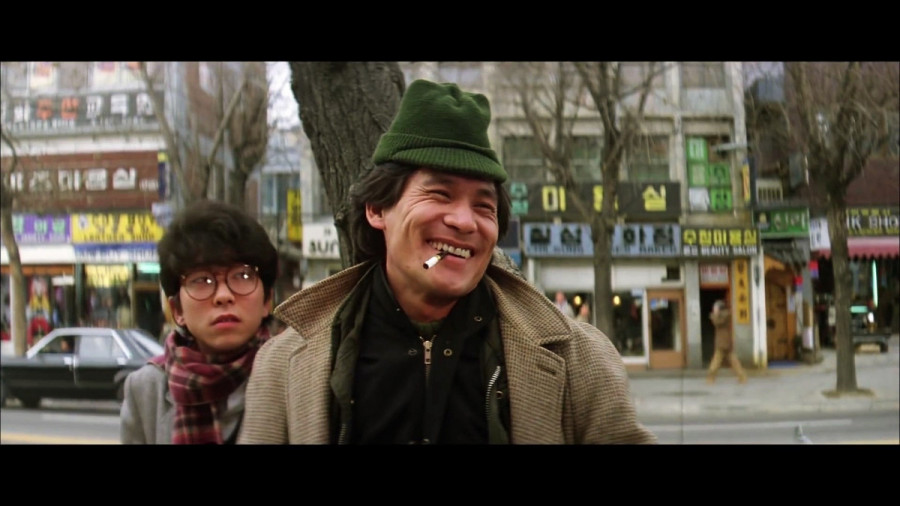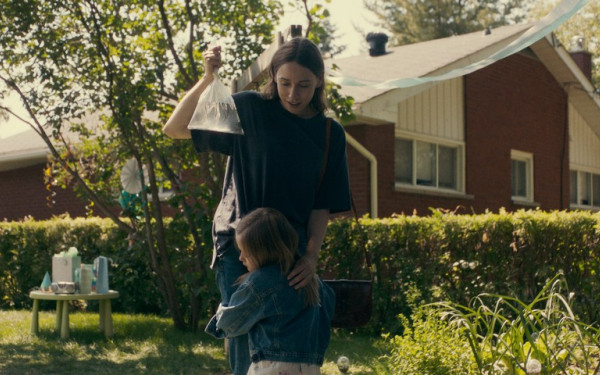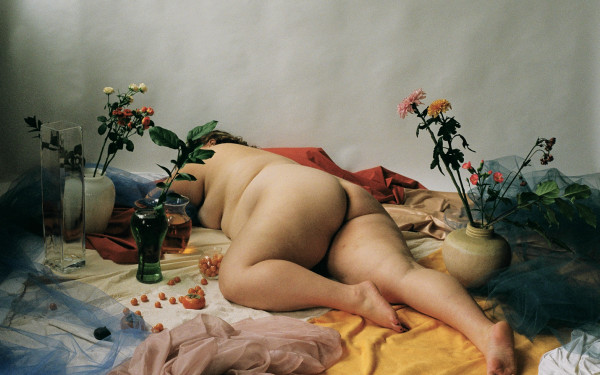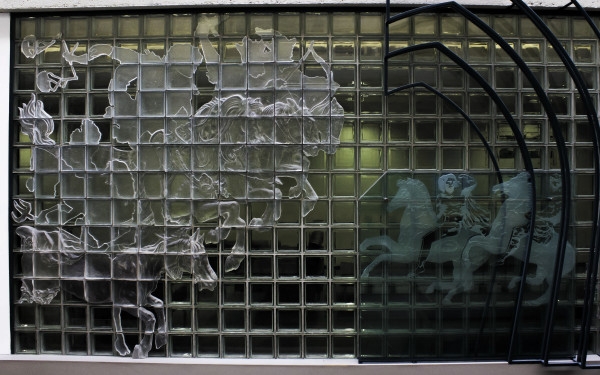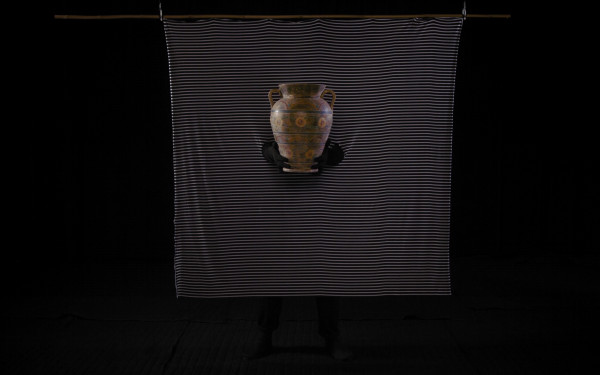The eighth edition of the Korean Film Festival Canada is underway this month
This year’s edition puts a special focus on women’s perspectives in cinema
The Korean Film Festival Canada’s latest edition titled Narratives Beyond Borders: Women’s Perspectives in the Korean Cinema, is running online from Sept. 30 until Oct. 30.
This year's edition of the festival appreciates Korean culture by representing women in filmmaking. Their catalogue for this year includes film screenings, workshops, art talks and DIY galleries, all with the purpose of supporting and promoting Korean artists.
The festival has been exclusively remote since the COVID-19 pandemic. This isthe festival’s first time online.
“It was really tough, and three or four times more effort to communicate and transmit a message to our team members in different departments,” said executive director Mi-Jeong Lee. “It has been shifted drastically to adapt and cope with this new environment: working in distance, transforming our film festival to be a functionable, reliable and durable online system [with] safe systems for film copyright issues, online viewing and payment methods.”
A positive aspect from their transition to online media, was the expansion of viewership to other countries besides Canada. This year one of the main goals was to include films from Korean filmmakers alongside those from Canada. The online platform has allowed viewers to watch the films from anywhere, any time this month. While the films are usually Canadian, this year Korean titles appear as well. There are also nine titles completely free to view on their website.
One of the filmmakers being featured this year is Mika Yatsuhashi. The Montreal-based filmmaker studied film production at Concordia University and has won the Mel Hoppenheim Award. Her short film “An Uninterrupted View of the Sea” is being featured this year.
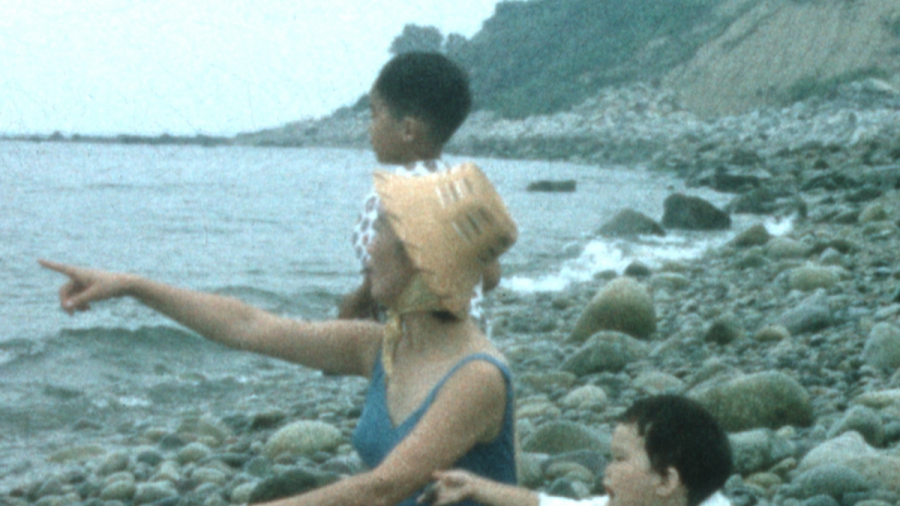
“I'm very excited to have my film featured in this year's KFFC. I have loved being able to share it widely, and it's great to be able to present it with a Montreal audience,” said Yatsuhashi. “I have been fortunate enough to participate in several festivals specifically dedicated to celebrating Asian voices, and I especially enjoy sharing my film with other Asian American and Canadians.”
Yatsuhashi hopes her film can expand the scope of Asian American representation in film. Her film tells the historical story of her great-grandfather's story. The unique story of Japanese Americans living on the East Coast of the United States. “To be able to preserve and share my family's history has been a truly invaluable experience. I hope that eventually, Asian filmmakers will be able to tell stories about whatever they choose, and that they won't feel limited by the types of stories they're expected to tell,” said Yatsuhashi.
“To be able to preserve and share my family’s history has been a truly invaluable experience.” — Mika Yatsuhashi
Bae Chang-ho is a South Korean director and filmmaker. His film Whale Hunting is being featured in this year’s festival. With the film originally released in the 1980s, Chang-ho’s goal was to reflect the accurate representation of the culture and circumstances of that time period. Chang-ho supports the way women have become more prominent in the film industry in Korea. There has been a clear increase since the 1980s of female directors and filmmakers. “There were many women in the planning of the film company, and later, they became producers. In the 1990s, the participation of female staff in filming and lighting increased, and they did their job without consciousness of their gender,” said Chang-ho.
Read more: The Festival du Nouveau Cinéma celebrates its 50th anniversary with a hybrid edition
Read more: The Canada China International Film Festival is back for a hybrid sixth edition
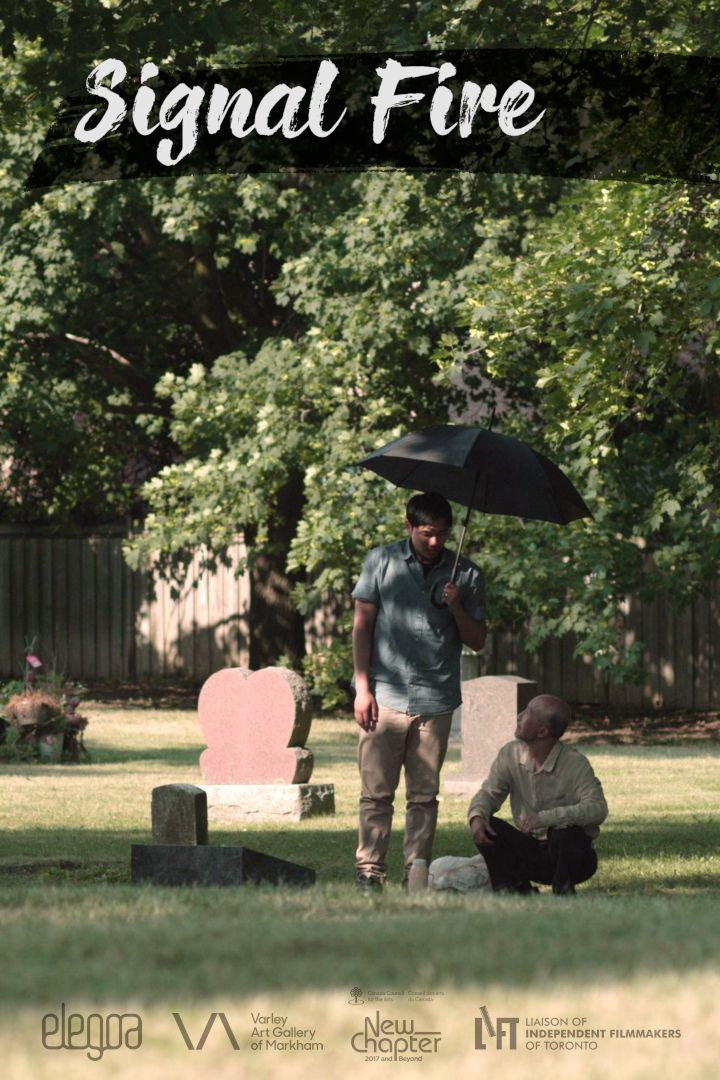
Korean filmmaker Alice Shin's film “Signal Fire” is being featured in the festival as well. The film reflects on the contrasting cultures of a young man’s Canadian and Asian roots. She is glad there has been recent attention given to female directors since it was not always the case. She remembers through her career at her university in Japan where women would take up smoking to be taken more seriously by the male staff. “If film is about communicating human experiences, then it can’t hurt to add more voices to that conversation,” said Shin about integrating the female perspective.
The nonverbal scenes in the film are used to connect viewers with a more intimate way of depicting Asian storytelling. “My opinion is that investing your time in traditional culture can beautify your life. When you learn from people with authentic experiences in a culture, you not only have a conversation with them,” said Shin. “You have a conversation with all the people that came before them like you’re having a discussion with all the various beliefs that shaped a corner of the world.”
The Montreal-based festival is offering many films free of charge to screen alongside art talks, which consist of panel discussions and conferences. There are currently 41 films available to watch on their website while art talks and more short films continue to be added as the festival goes on.

